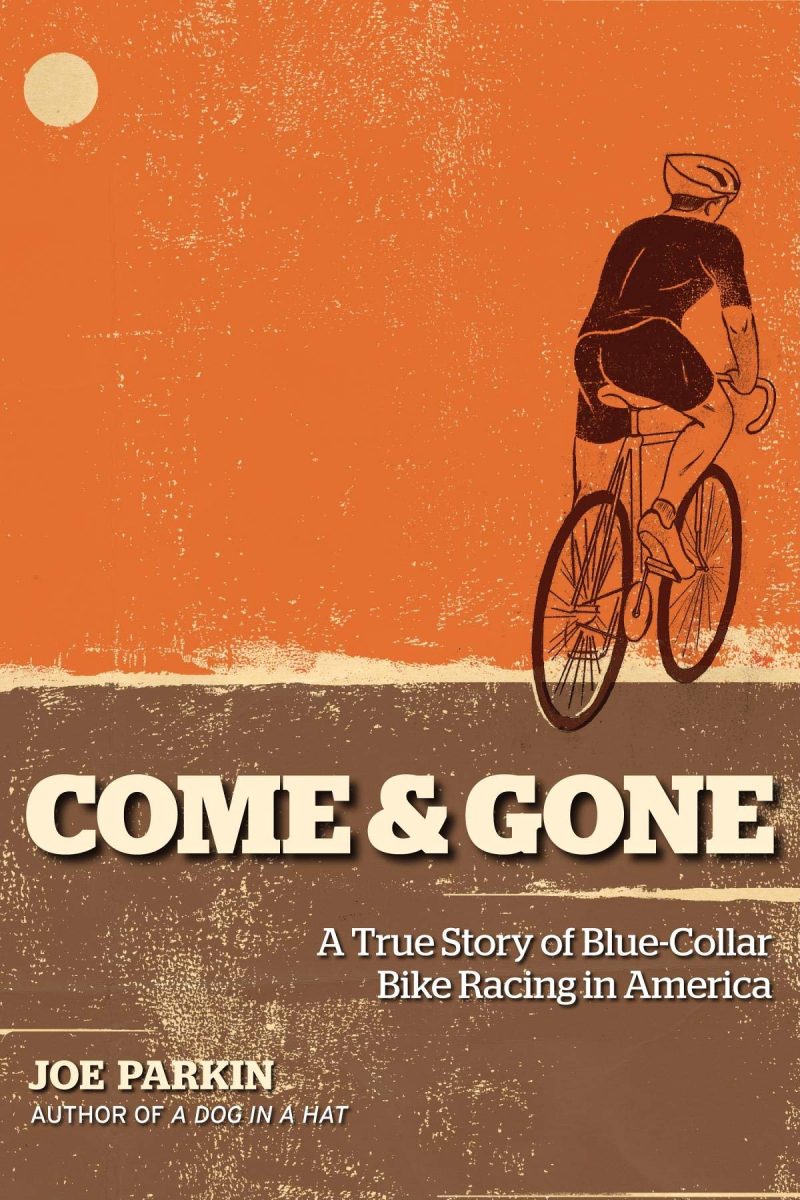
Joe Parkin – “Come and Gone” chronicles the rebirth of pro bike racing in America, it’s his sequel to the highly praised memoir, “A Dog in a Hat”.
Boulder, CO, USA, May 12, 2010… After a grueling five-year education in European bike racing, Joe describes his return from Belgium, his struggles with the nascent American bike racing scene, and the birth of mountain bike racing.
After those years of racing in Belgium, Joe Parkin said goodbye to Flanders knowing he might never go back, and he never did.
Joe flew back to the U.S. with empty pockets and no contract. For several years, he was unable to watch a Belgian spring classic without tears in his eyes, and seeing his former teammates race the 1992 Tour de France was torture.
Eventually Joe landed a spot with the elite Coors Light cycling team. After the years in Europe though, racing in the U.S. was a difficult transition, with poorly organised events, little sponsorship money, and inexperienced racers. Joe was unable to muster the motivation that had driven him every day in Europe.
Until he started racing mountain bikes.
Come and Gone follows Joe through three hardscrabble seasons chasing wins on the U.S. road racing circuit before he changes course and tastes victory as a mountain bike pro.
A gritty, authentic, and heartfelt personal memoir, the book is also a chronicle of the rebirth of professional bike racing in America.
Pick something else from: the Bookshelf.



